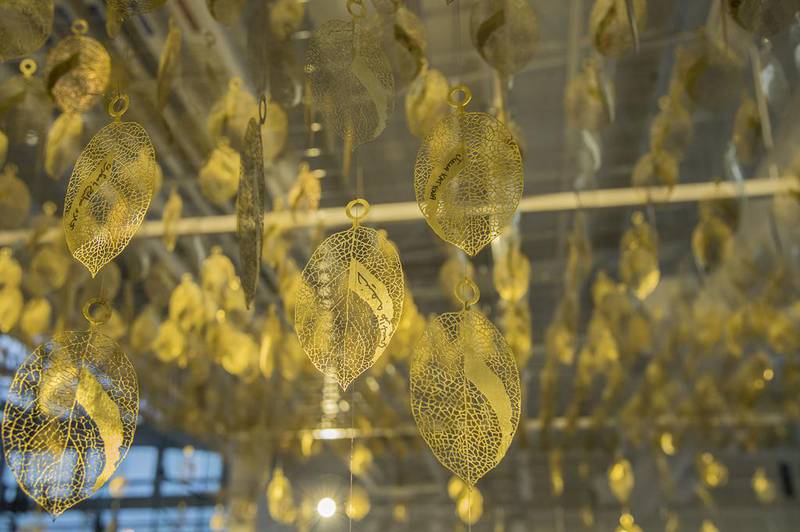Rediscovering philosophy in the Gulf

In the 7th century, Islam emerged in an area now encompassed by modern-day Saudi Arabia. At a speed unprecedented in the history of religion, the faith then spread across the Middle East, North Africa, Asia and Europe. But the episode was about more than the rise of a new religion. It also laid the foundations for an intellectual tradition that has produced some of history's most important cultural and scientific achievements.
Within a century of Islam's beginning, the Umayyad dynasty had established the huge Great Mosque of Damascus, an early marvel of Islamic architecture that still stands today. Just decades later, the Abbasid Dynasty began its patrimony of an era of blistering intellectual progress across maths, philosophy, poetry and art. Throughout history, countless Islamic golden eras have taken place, from Afghanistan to Morocco. Our lives would not have been the same without them.
Today, the Middle East and wider Islamic world still makes an important contribution to global culture. But some of the region's governments believe there is potential for even more cultural and intellectual clout. The UAE just hosted the World Conference on Creative Economy and is planning a major event on Islamic art with the Al Burda Festival next week.
In Saudi Arabia, leaders are trying to make the country a centre of modern philosophy. The most recent endeavour came last week with the first ever Riyadh Philosophy Conference, where high-profile scholars from around the world discussed the subject over the course of two days.
Organisers were frank about the event's intentions. “Philosophy was unwelcome in Saudi Arabia for decades and was considered a danger to society,” Abdullah Almutairi, an associate professor at King Saud University, told The National. Nowadays, according to Mr Almutairi, raising the profile of philosophical studies is part of a movement to get Saudi society "communicating with the world".
A wider push to boost the subject’s profile has seen the introduction of philosophy and critical thinking classes in schools. There is a particular focus on getting young people involved. Mohammed Hasan Alwan, a senior figure in the country's Ministry of Culture, says more understanding of the subject will help the next generation "adopt a more analytical approach and make them better equipped to navigate an increasingly complex world, not least the huge changes taking place within Saudi Arabia".
Across the Gulf, institutionalising philosophical understanding is becoming an important part of building a modern, tolerant identity. The UAE, for example, regularly hosts gatherings of leading religious scholars of all faiths. The work of Abdallah bin Bayyah, President of the Forum for Promoting Peace in Muslim Societies and Chairman of the UAE Fatwa Council, has been instrumental in convening these gatherings. Last year, the country set up the Mohamed bin Zayed University for Humanities, which offers bachelor's, master's and doctoral degrees in social studies, humanities and philosophy.
Tying together religion and philosophy in this manner is an attempt to rebuff those who view faith restrictively, which is only to be learnt about from the past. While history and doctrine are important in the modern identity of religions, they are only one part of a process that also includes future-focused endeavours and critical thinking.
More philosophy in the region, therefore, is not about moving on from the best aspects of the past. Rather, it is about harnessing the achievements of faith, with the best of modern tolerance and the intellectual life.
